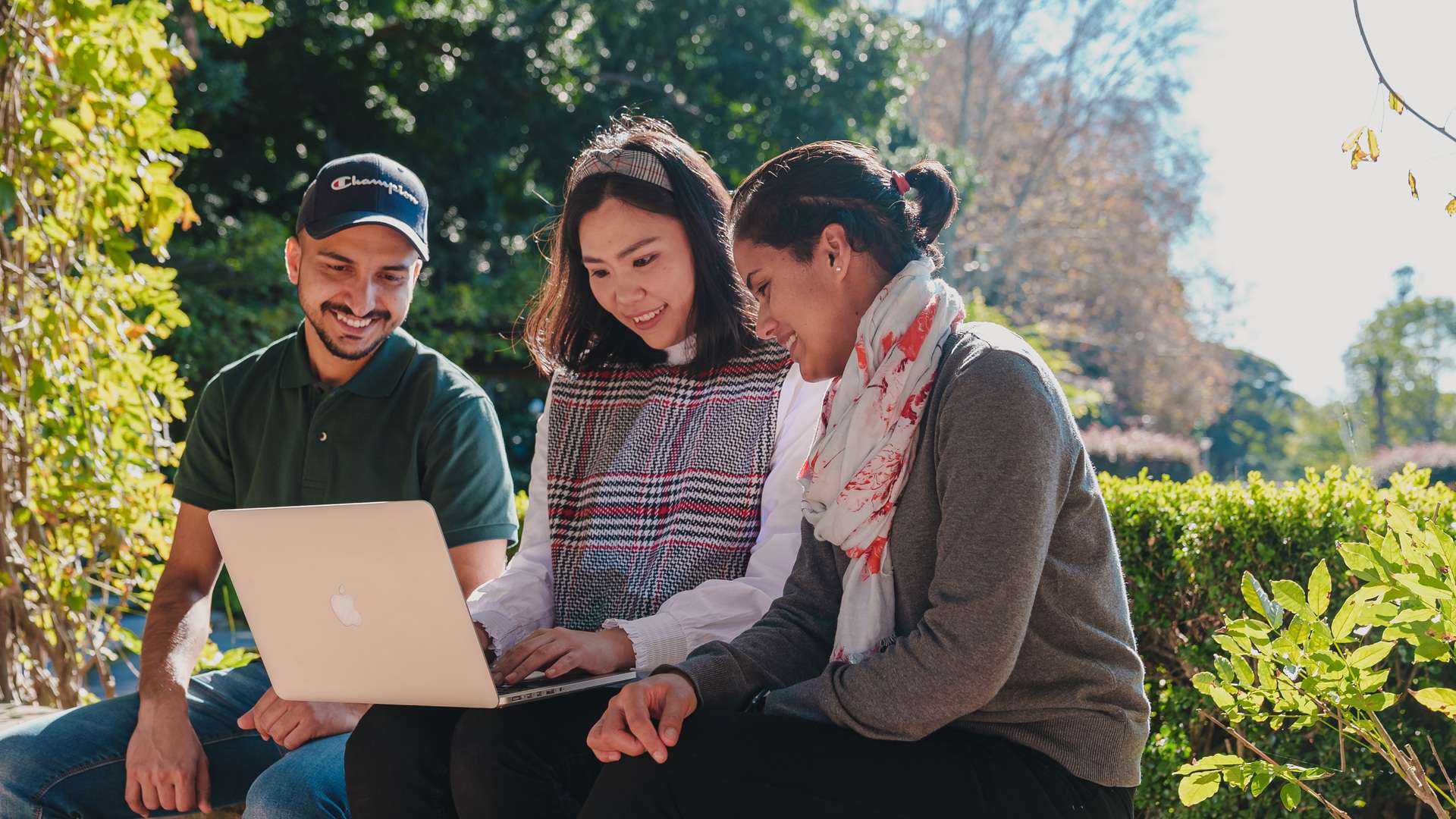The Motivation of Health Behaviours (MoHB) Lab


Founded in 2016, the Motivation of Health Behaviours (MoHB) Lab is a student research laboratory based at CQUniversity Australia. The purpose of the Motivation of Health Behaviours Lab is to support students to gain research skills and experience, and to promote excellence in student research.
We welcome students from all disciplines, with an interest in motivation, habit, identity, or human behaviour.
Appleton Institute | School of Health, Medical and Applied Sciences
CQUniversity Bundaberg, Queensland 4670
Lands of Gurang, Gooreng Gooreng, & Taribelang Bunda People
Contact Kristie-Lee
Appleton Institute | School of Health, Medical and Applied Sciences
CQUniversity Rockhampton, Queensland 4701
Lands of the Darumbal People
Contact Felix
CQUniversity Australia is a trading name of Central Queensland University
ABN: 39 181 103 288
RTO Code: 40939
CRICOS: 00219C
TEQSA: PRV12073